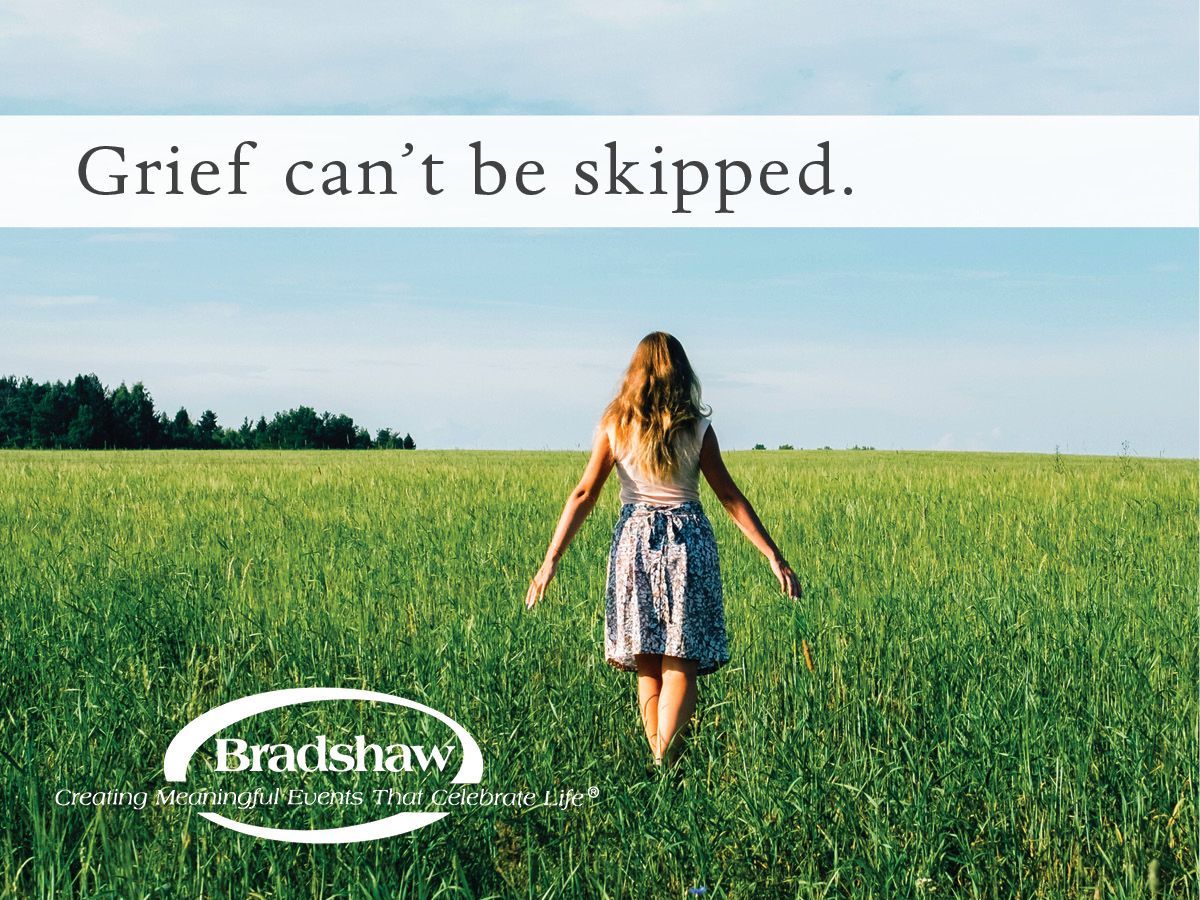Trouble Sleeping After A Loss
“The darkest hour is just before dawn,” or “Things will look better in the morning,” both are old sayings that could be interpreted in different ways. One theory holds those sayings refer to “night dreads”. Night dreads are when sleep is interrupted abruptly with anxious feelings of dread. You wake after just a few hours of sleep when it’s too early to begin your day. The mind is racing in a negative direction swamped by feelings of alarm. These feelings that seem overwhelming at 3 a.m. magically evaporate when the sun comes up and the day begins for real.
Waking in the night with these negative thoughts seems to happen more often as we age and our sleep patterns change. They also happen more often during periods of stress. So, if you are a caregiver for a family member or have experienced a death in your family you may be familiar with episodes of “night dreads”. If that is the case, you know it can be difficult to get back to sleep and feel rested for the day ahead.
When you wake with your heart pounding and your brain racing there are a few things you can try to undo the interruption. First, uncoil, change your position in the bed. Make sure your head and neck are well supported. Slow your breathing and actively work on directing your thoughts in another direction. Be very mindful about your breathing.
Softly close your eyes and draw your awareness to what you see as you slowly breathe in and out. At first, you may think you see nothing. But, be patient. Just keep breathing slowly and looking. In a little while you will begin to see patterns of light and dark. Stay focused on the patterns. Just watch them drift and move. Concentrate on your breath and the patterns. The negative thoughts will be crowded out and you will drift off to sleep. The key is not to get wrapped up in the negative spiral where one negative thought or fear connects to the next and the merry-go-round of thought is going faster and faster until you have no reasonable hope of sleep.
If mindful breathing doesn’t work for you, try telling yourself a bedtime story. Be very colorful and descriptive as you develop your story over the details. What are the golfers wearing? Ball caps or visors, short sleeve shirts or sweaters, is the wind blowing, are the trees green or in fall color? How does the ball sound when it is struck by the club? The details are what will take your mind to a simpler, calmer place. Be very descriptive in your thoughts.
If these techniques don’t help and your night dreads are becoming more frequent or they do not evaporate when the sun comes up, talk to your doctor. Sometimes there are physical connections to night dreads and the doctor can help. A good night’s sleep is important for health and well-being.











